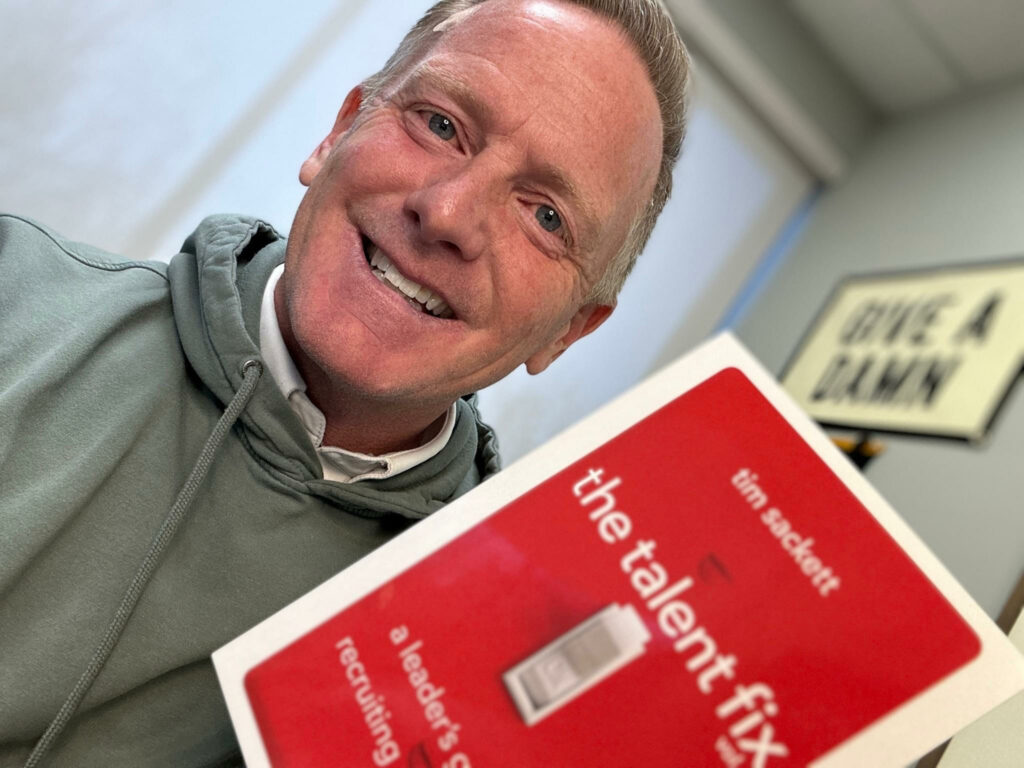Check out this previous blog from 2017 – it’s like the Yoda of employee retention. You don’t need to keep everyone! Crazy, right? Does this still hit the mark? Share your quick take!
You Don’t Actually Have To Retain Everyone!
In 2017, and beyond, employee retention will become a huge focus. Some could argue that employee retention is always an important issue, but during major recessions, it becomes less of a stress for sure. With shifting employee demographics, retention will be a hot item over the next few years as we see more and more of the baby boom generation leave the workforce, and we do not have enough young skilled workers entering the workforce to replace those leaving.
Here’s a dirty little secret, though:
“You don’t actually have to work to retain every one of your employees!”
Why? Because most of your employees won’t leave. We like to tell ourselves that every employee can leave, and by the law of the land (at least for now under the Trump administration), they actually can, but statistics clearly show that most don’t leave.
The average retention rate across all industries is about 85%, year over year. That means 85 out of 100 employees will probably not leave you. You are really worrying about 10-15% of employees. Ironically, it’s about 10-15% of your top-performing employees that make the most difference in your company.
First, we have to solve one problem you have. Your ‘retention’ strategy is flawed and is pushing good employees out the door, the ones you want to keep!
Here’s why:
- You’re smart and send out a retention survey to find out from all of your employees what they want to be retained. You’re like 99% of organizations.
- The results of that survey tell you what the majority of your employees want to be retained. Things like ping pong, hot yoga, 27 smoke breaks a day, free tacos on Tuesday, etc.
- You implement a variety of the desired retention ‘fixes’! Yay!!!
- Your retention number actually stays the same, or maybe even gets worse.
WTF!?!?!?
Remember what I said above? You shouldn’t be concerned with about 85% of your employees who will never leave. They are not going anywhere! You shouldn’t be surveying all of your employees, you should be surveying only your best employees, those you are desperate to keep!
What you’ll find is that the 10-15% of highly valued employees you want to retain, what they want to be retained is very different from what the hoard wants to be retained! They’ll want a clear career path, performance-based compensation, more talented co-workers, better work tools, etc. They couldn’t give a shit about ping pong and Taco Tuesday.
Great HR isn’t working to make everyone equal. Great HR is working to make your organization better than your competition. That happens by having noticeably better talent. You get that kind of talent by listening to those employees who are noticeably better, not those who complain about the color of your new carpet.
What would this create? It creates a high performing organization that attracts high-performing employees. Most organizations won’t do this because they believe they need to work to retain all of their employees. “We’re all high performing, Tim!” No, you’re not. Once you get that idea out of your head, you can do some really cool, industry changing stuff!

